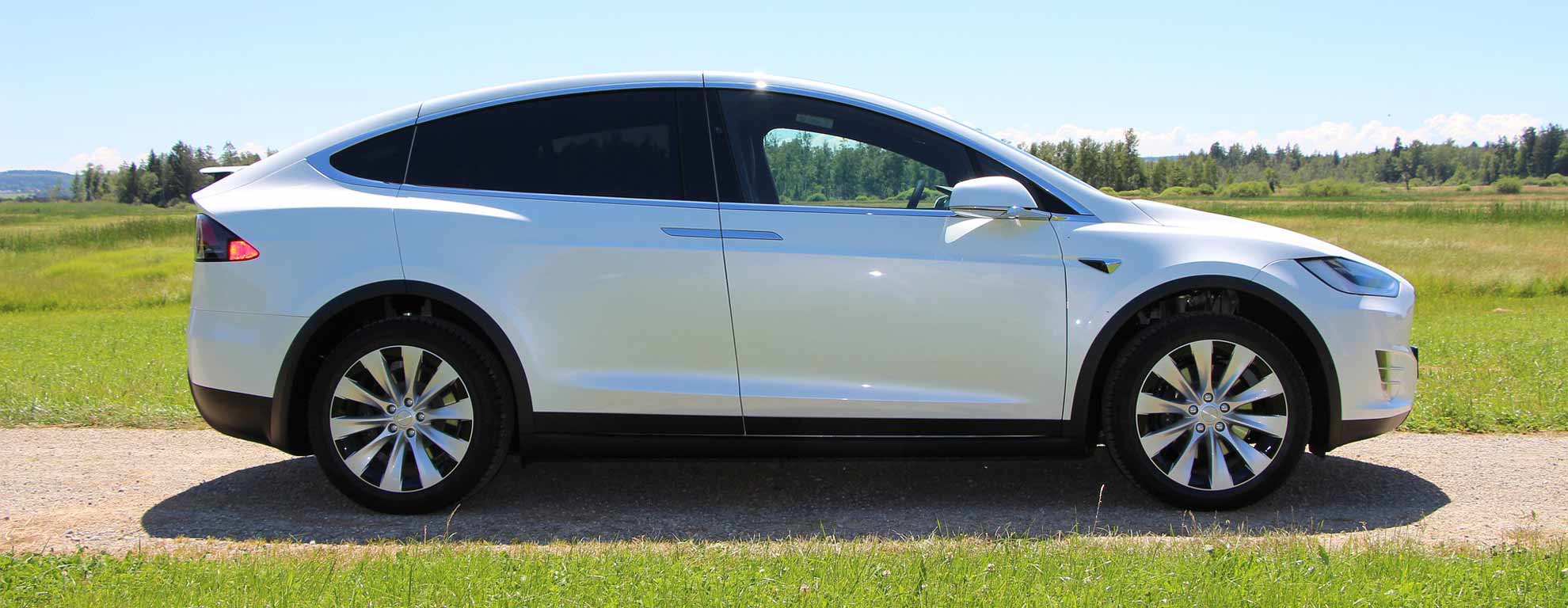Are you shocked by electric cars?

Although the exact date is still disputed, the first electric car is thought to have appeared in the mid-19th century, then attention shifted to petrol-driven vehicles until the 1960s when a small revival of interest in electricity as fuel started the trend which we see gaining momentum today.
Plug-in electric car registrations in the UK were 28,188 units in 2015, consisting of 9,934 pure electric cars and 18,254 plug-in hybrids. Total registrations in 2015 were up 94.0% from 2014, with all-electric cars growing 48.3% year-on-year, while plug-in hybrid registrations were up 133.0% year-on-year.
Last year 37,850 electric cars were registered in the UK in 2019. One in 10 new cars sold in the UK in October was a hybrid or electric vehicle, bolstered by sales of battery-powered cars tripling, latest figures show.
Every week sees an ad for a new electric model as car brands race to supply the demand from the consumer for greener motoring. The development of technology is also advancing with vehicles now offer improved range and a host of hybrid options. What Car’s Car of the Year for 2020, the Ford Puma, is described as having ‘clever mild-hybrid technology’.
There have also been significant funds invested in adding the necessary infrastructure to support electric cars. The Government is to invest £80m in boosting the country’s ultra-low emission charging infrastructure, leading to companies such as Instavolt attracting £12m to achieve its target of introducing rapid charging points in more than 3,000 locations by the end of 2020.
Studies such as the one conducted by the transport unit of Oxford University have, however, identified significant obstacles to the complete adoption of electricity for our automotive power. One of the most interesting is that the number of vans on the road is huge, and yet the number of electric vans is not growing substantially.
The difficult question of standardisation is also an issue – which one will be the one we all adopt? Car owners without a private parking space have expressed their reservations about home charging as they simply do have the facilities. The Government will help to support the cost of new infra-structure but without a clear ‘road-map’, private investment is still trying to assess the risk. This uncertainty is likely to be fueling the demand for hybrid models which offer a compromise solution but still use fossil fuels.
ILMG has been investigating the possibility of installing EV chargers in our car parks but the way the meet and greet parking works at the airport means that our drivers would have to take responsibility for the charging, as the customer does not visit the car park.
Leaving an electric car just parked but not charging can result in so called ‘vampire’ loss, with anecdotal stories of Tesla cars losing 15% of their reserve charge per day when not being used.
The difference in types of charger, connectors and processes required is huge and we are not sufficiently skilled at the present to offer this service. The demand for our parking from electric vehicles is very low, so the return on the investment we would need to make in training our drivers would not be viable.
Obviously if an industry-wide standard gets adopted, this could change and, the meantime, we would be interested to know your thoughts on electric cars and how you park them?
By Sarah Anglim at 16 Jan 2020